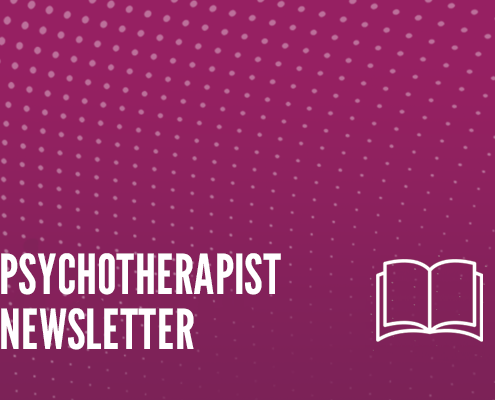If deep and enduring psychodynamic change is the ultimate goal of treatment, then periodically juxtaposing seemingly contradictory “forces” (Hegel’s thesis and antithesis) will eventually jump-start the patient’s “adaptive recovery” by creating optimally stressful, growth-incentivizing “mismatch experiences.” I will be proposing use of something to which I refer as a “conflict statement” – a clinically useful and almost universally applicable therapeutic intervention strategically designed to target the patient’s internal conflictedness between anxiety-provoking (but ultimately growth-promoting) forces pressing “yes” and anxiety-relieving (but growth-impeding) resistant counterforces defending “no.”The stress and strain of the “destabilizing dissonance” thereby created will provide the “therapeutic leverage” needed for the patient gradually, over time, to relinquish the tenacity of her rigid attachment to the defense in favor of a more flexible adaptation – a “compromise position” that will “reconcile common truths” (Hegel’s synthesis) and transform conflict into collaboration.The strategic construction of conflict statements requires of the therapist that she be able both to support the patient’s defense by “being with the patient where she is” and to challenge the patient’s defense by “directing the patient’s attention to where the therapist would want her to go.” I will be offering specific clinical examples to demonstrate these powerfully impactful, optimally stressful psychotherapeutic interventions. No pain, no gain…
APsA Publications

The Journal of the American Psychoanalytic Association (JAPA)
JAPA is a peer-reviewed journal publishing original articles and commentaries, ground-breaking research, thoughtful plenary addresses, in-depth panel reports, and more.

The American Psychoanalyst (TAP)
APsA’s triannual magazine, TAP, offers a psychoanalytic perspective on current events in psychology, the arts, and culture for mental health professionals, students, and the general public.

Psychotherapist Newsletter
The Psychotherapist Newsletter features scientific programs and publications about psychoanalytic psychotherapy, personal reflections, social and community issues, and advocacy.
© 2009-2025 American Psychoanalytic Association | 122 East 42nd Street, Suite 2310, New York, NY 10168 | Phone: (212) 752-0450 | [email protected]

